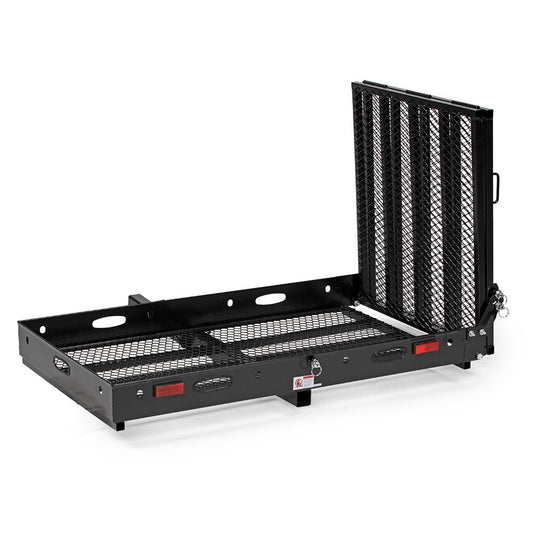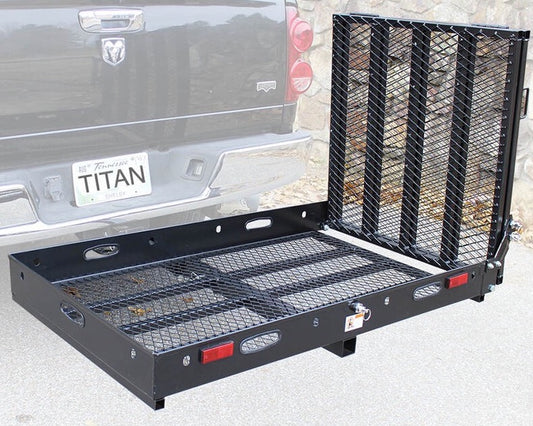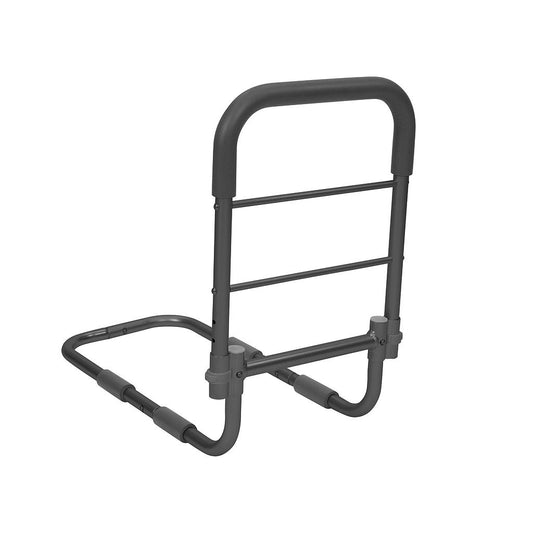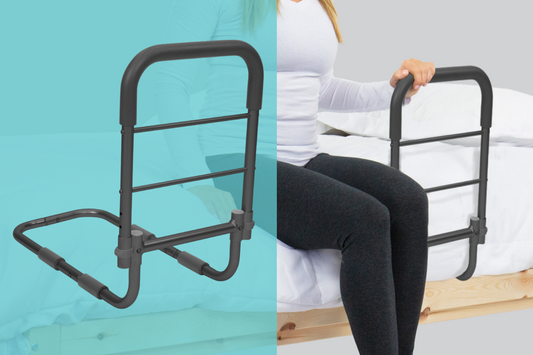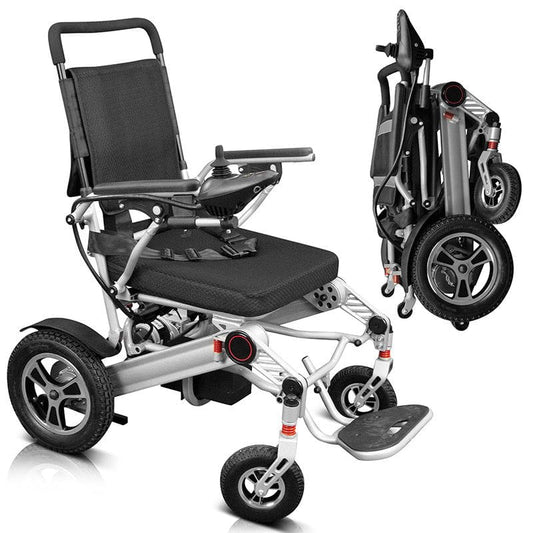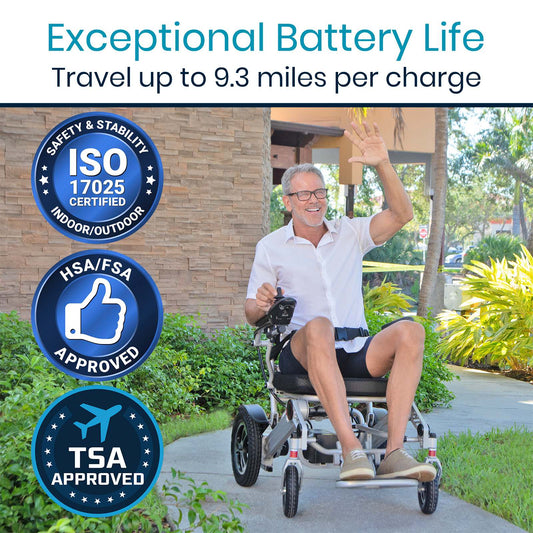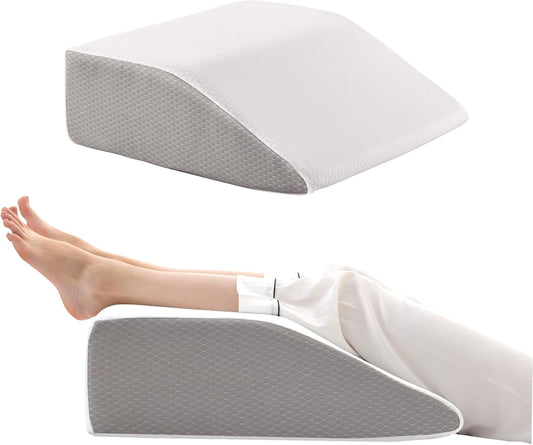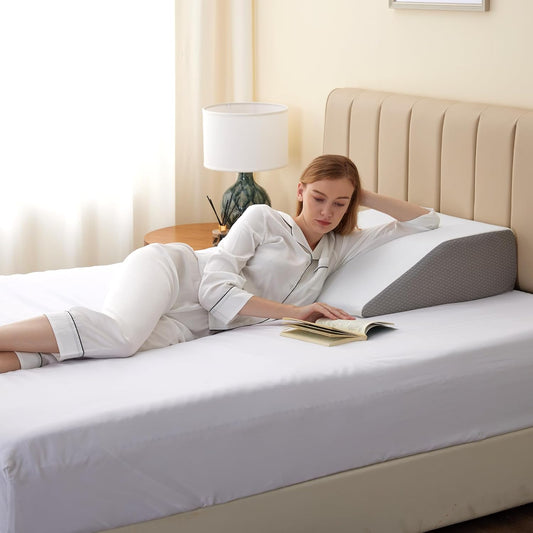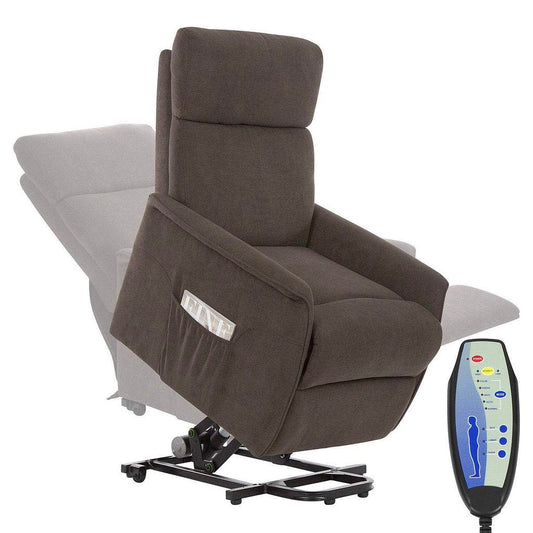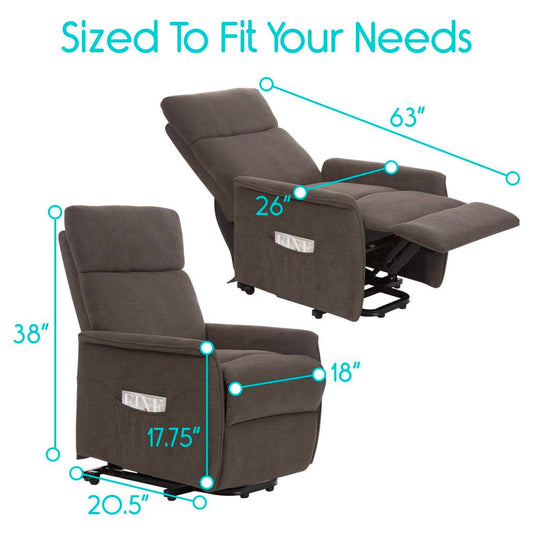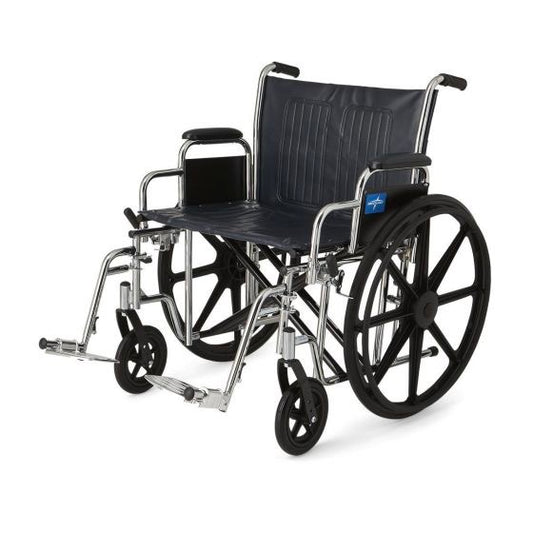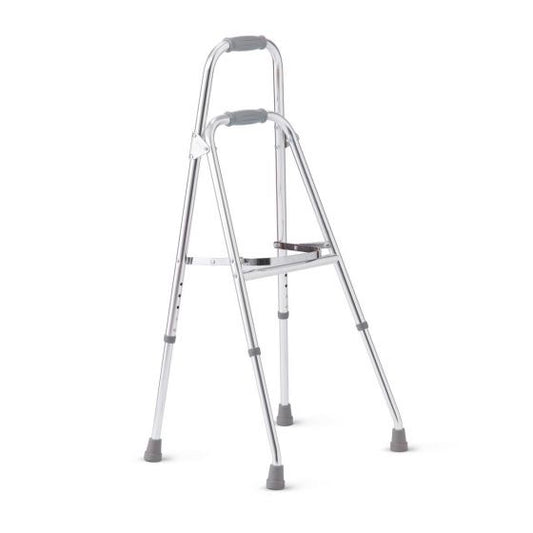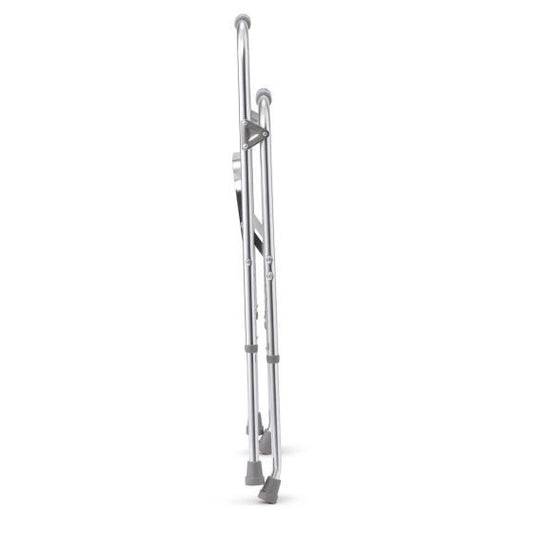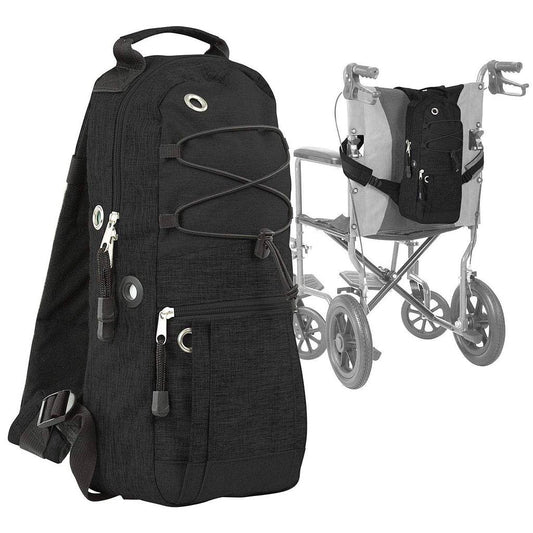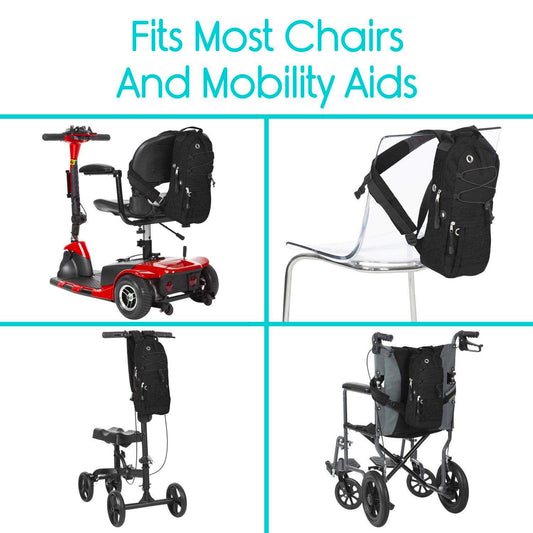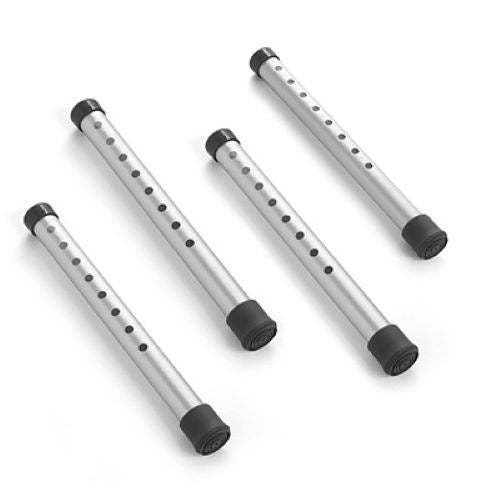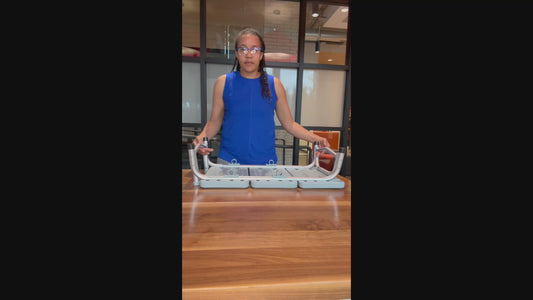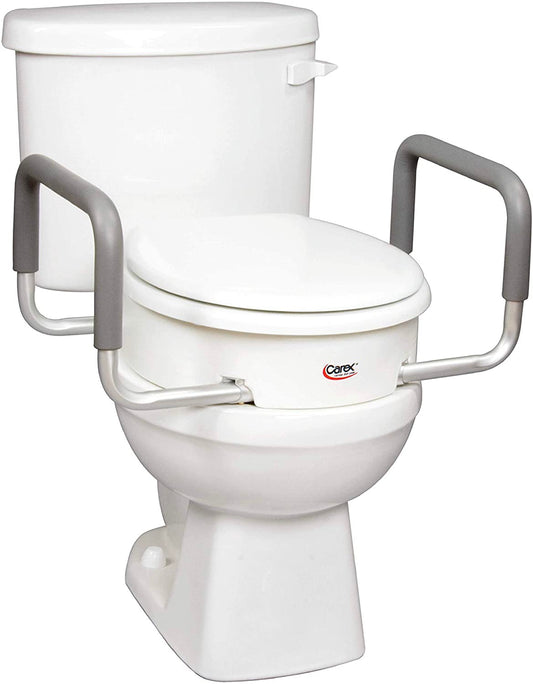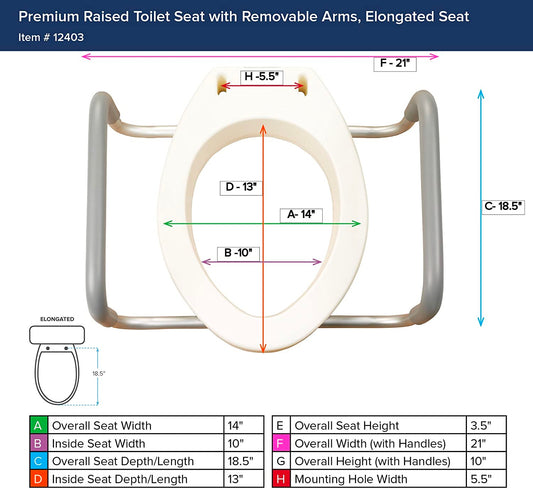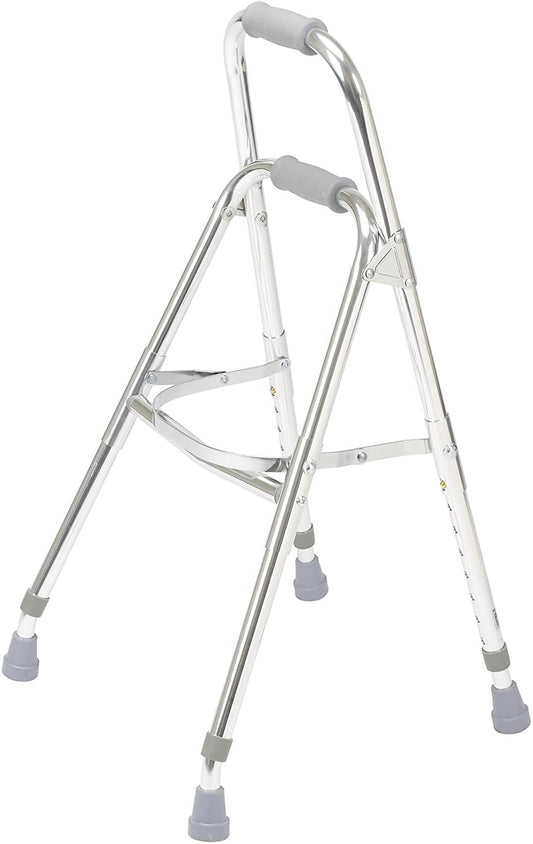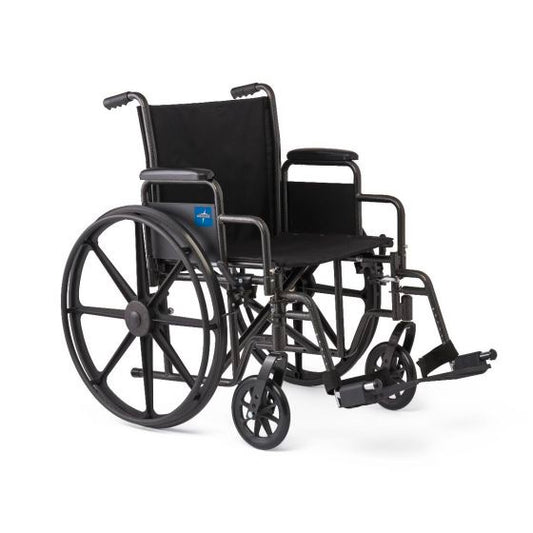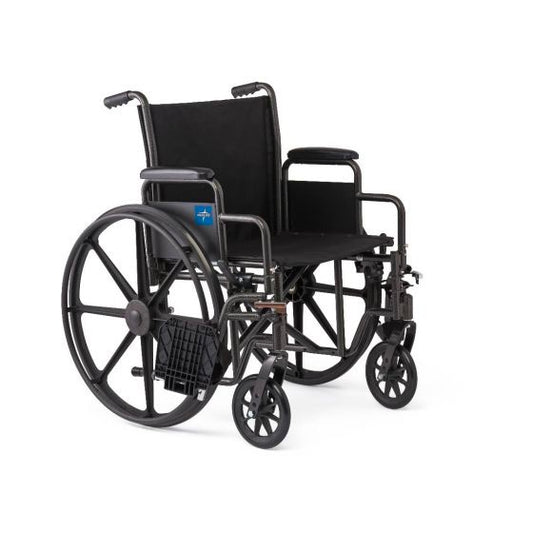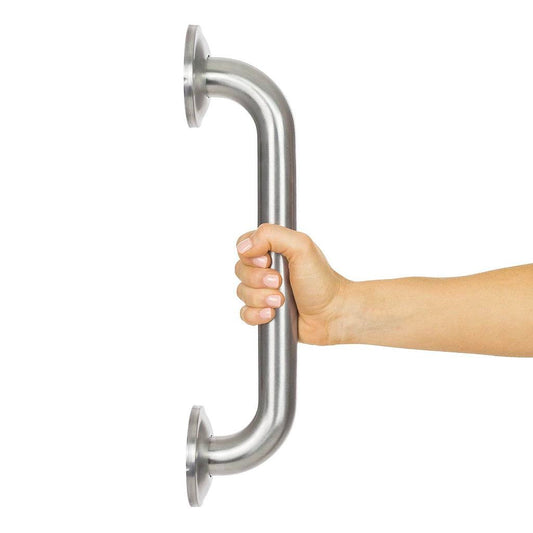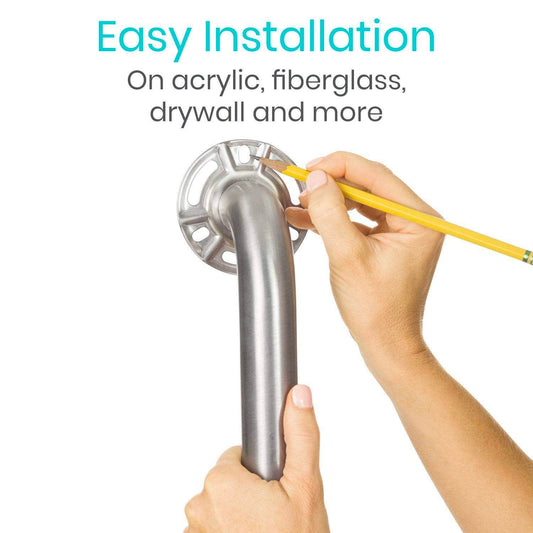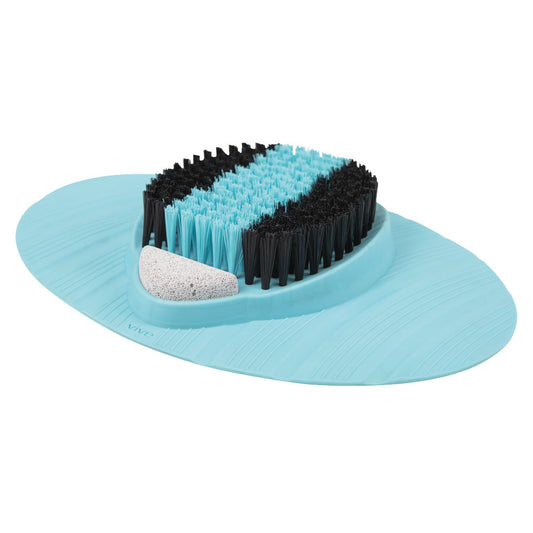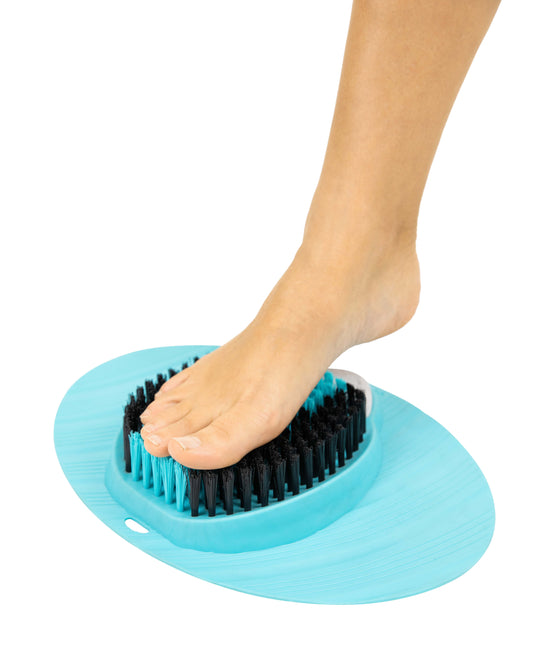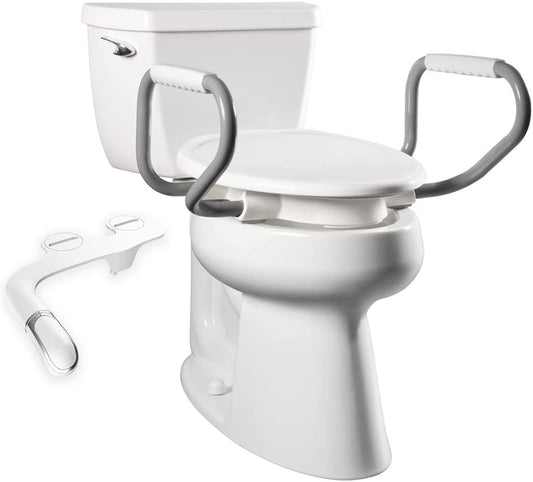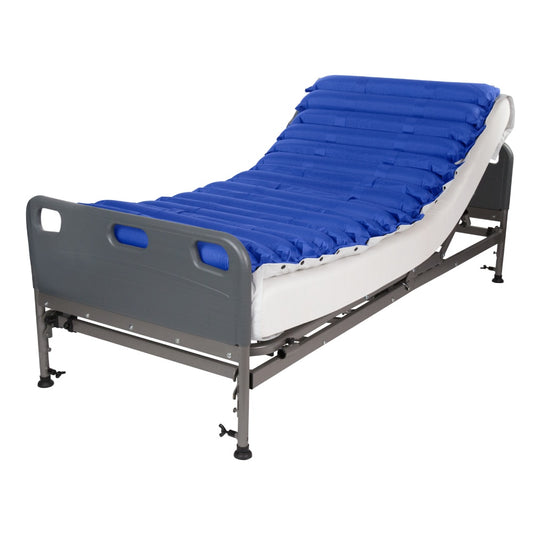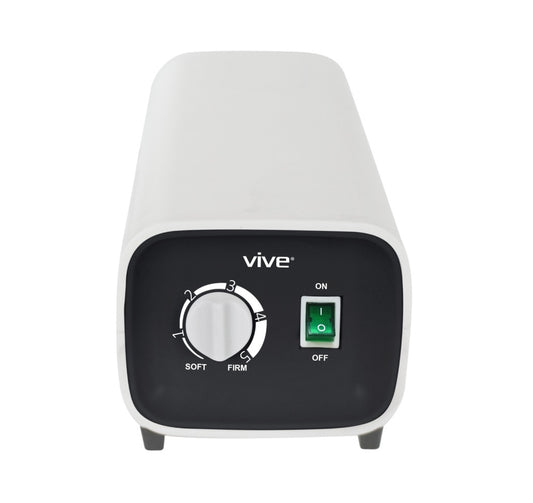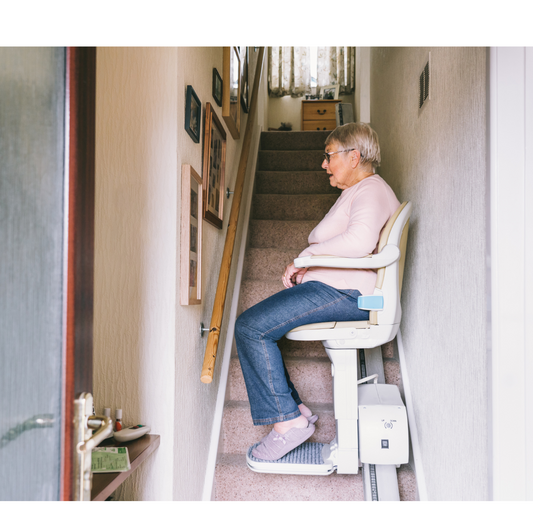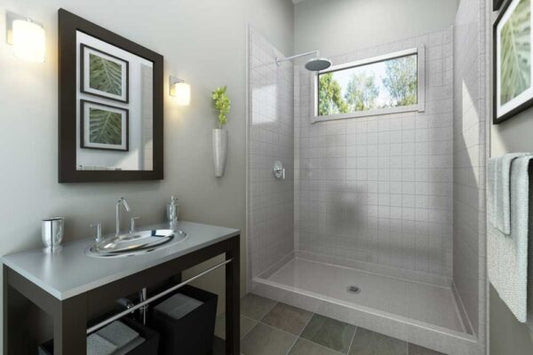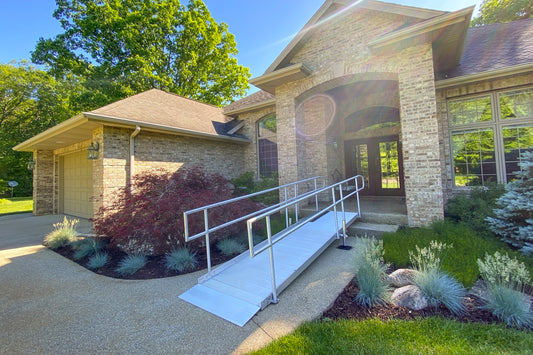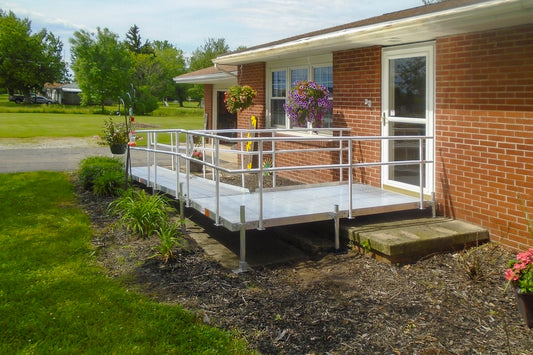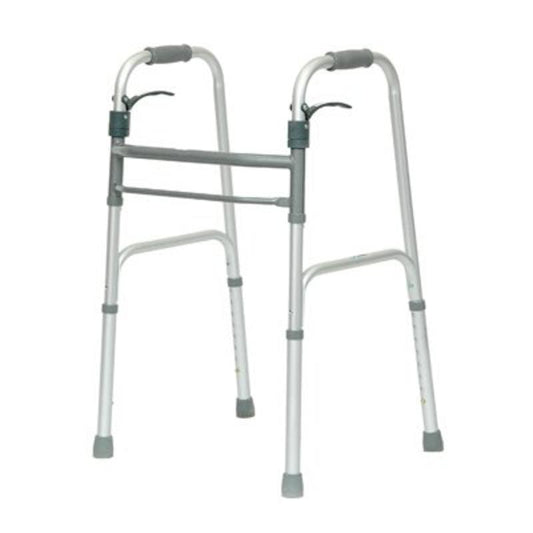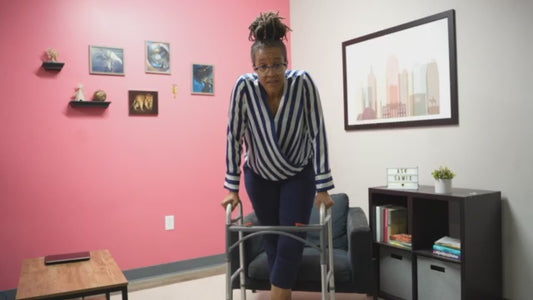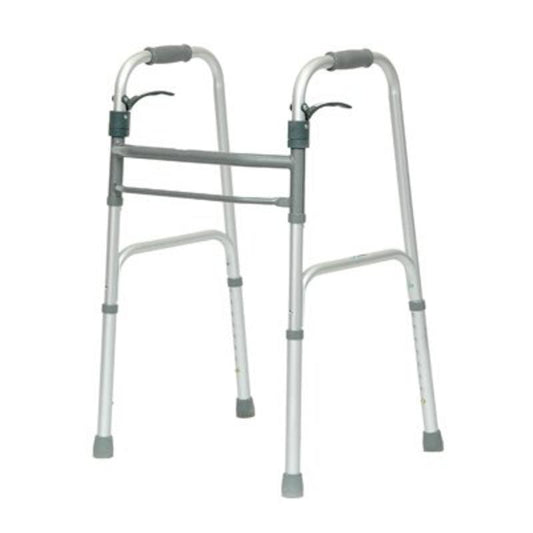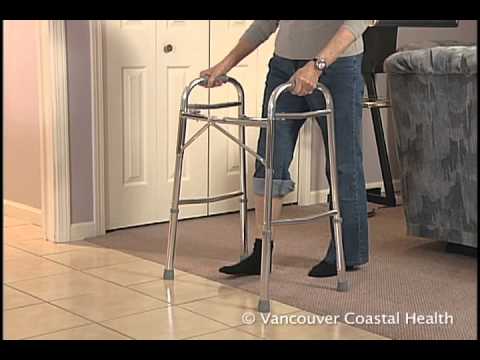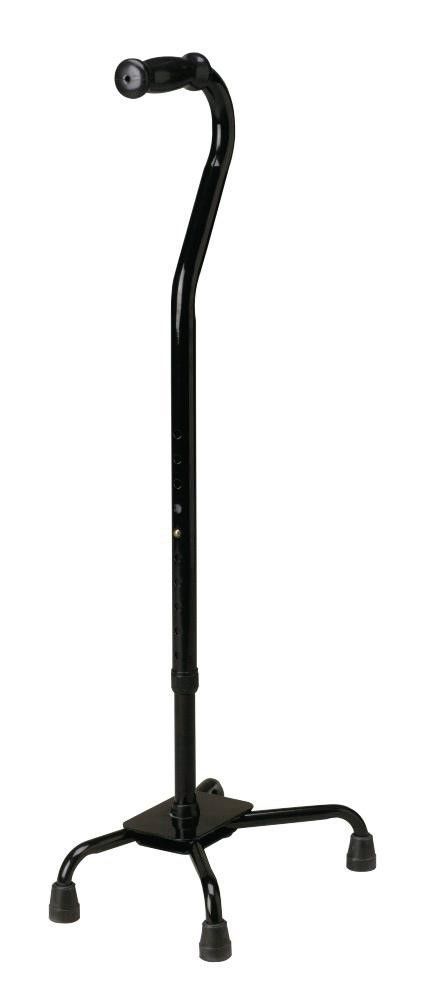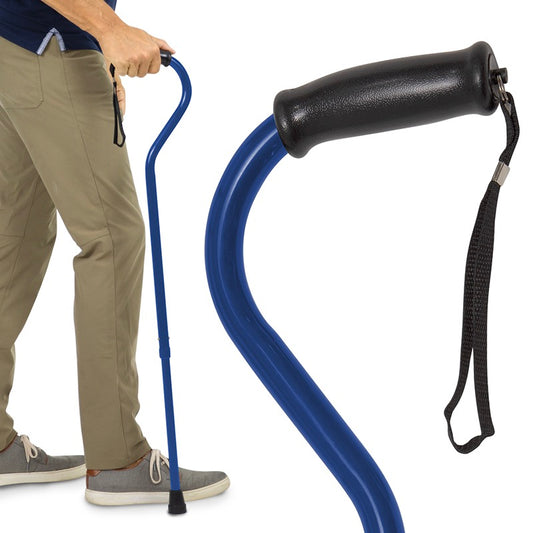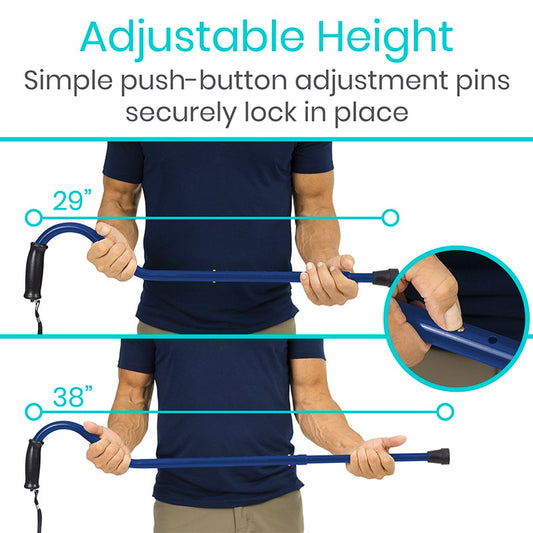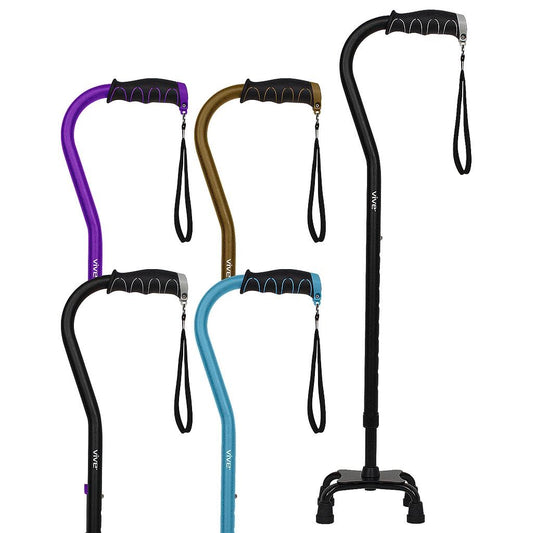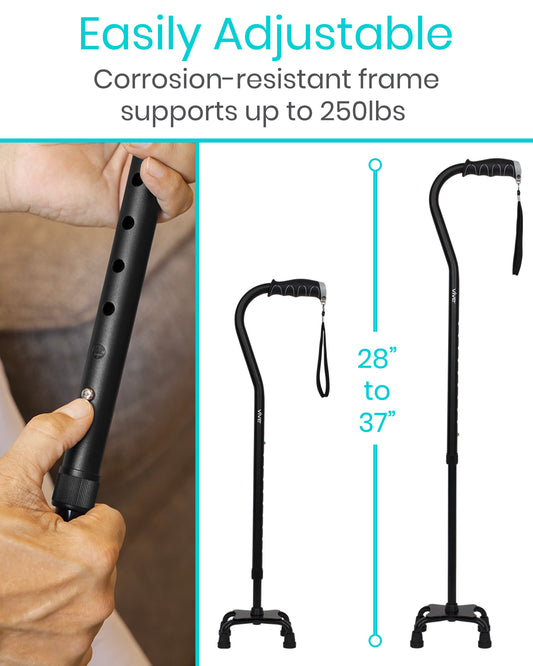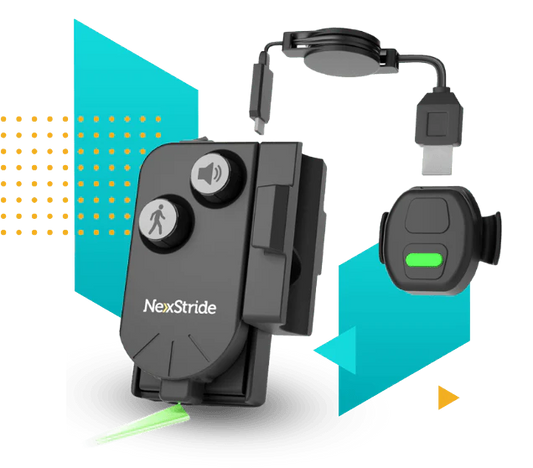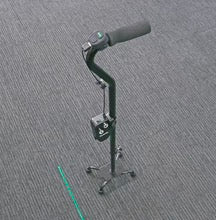-
Scooter & Wheelchair Carrier
Regular price $369.99Regular priceUnit price per -
Bed Side Rail For Seniors | Deluxe
Regular price $52.99Regular priceUnit price per$69.99Sale price $52.99Sale -
Folding Power Wheelchair
Regular price $1,199.99Regular priceUnit price per$1,598.00Sale price $1,199.99Sale -
Bed Wedge to Elevate Legs
Regular price $47.99Regular priceUnit price per -
Massaging Lift Chair
Regular price $523.33Regular priceUnit price per -
Bariatric Manual Wheelchair
Regular price From $484.00Regular priceUnit price per -
Bariatric Hemi Cane
Regular price $64.98Regular priceUnit price per -
Half Oxygen Tank Holder
Regular price $34.99Regular priceUnit price per -
Tub Transfer Bench Leg Extensions | Makes tub bench taller
Regular price $42.68Regular priceUnit price per -
Bolted Toilet Seat Riser with Arms - Elongated
Regular price $71.99Regular priceUnit price per -
Hemi Cane | Hemi Walker For Seniors
Regular price $44.99Regular priceUnit price per$49.99Sale price $44.99Sale -
Manual Wheelchair
Regular price From $198.00Regular priceUnit price per -
16" Grab Bar
Regular price $32.99Regular priceUnit price per -
Foot Scrubber
Regular price $21.99Regular priceUnit price per -
Raised Toilet Seat With Bidet & Handles
Regular price $249.99Regular priceUnit price per -
Alt. Pressure Pad Low Air Loss 5"
Regular price $229.99Regular priceUnit price per -
Get a Contractor | VGM Live at Home
Regular priceRegular priceUnit price per -
Getting a Custom Ramp
Regular priceRegular priceUnit price per -
Bariatric Standard Folding Walker
Regular price $85.00Regular priceUnit price per -
Standard Walker
Regular price $70.00Regular priceUnit price per -
Bariatric Quad Cane
Regular price From $55.00Regular priceUnit price per -
Bariatric Single Point Cane
Regular price $39.99Regular priceUnit price per -
NexStride | U-Step Alternative
Regular price $499.99Regular priceUnit price per
Frequently Asked Questions
The Need to Know for This Collection!

Why You Need an OT!
An Occupational Therapist (OT) is your superhero! A skilled professional whose expertise can significantly enhance your quality of life by helping you maintain independence, manage chronic conditions, and ensure your home environment supports your needs.
When you're ready to dive into what occupational therapy is, why you might need it, and the myriad of ways an OT can be invaluable in your life click below!

